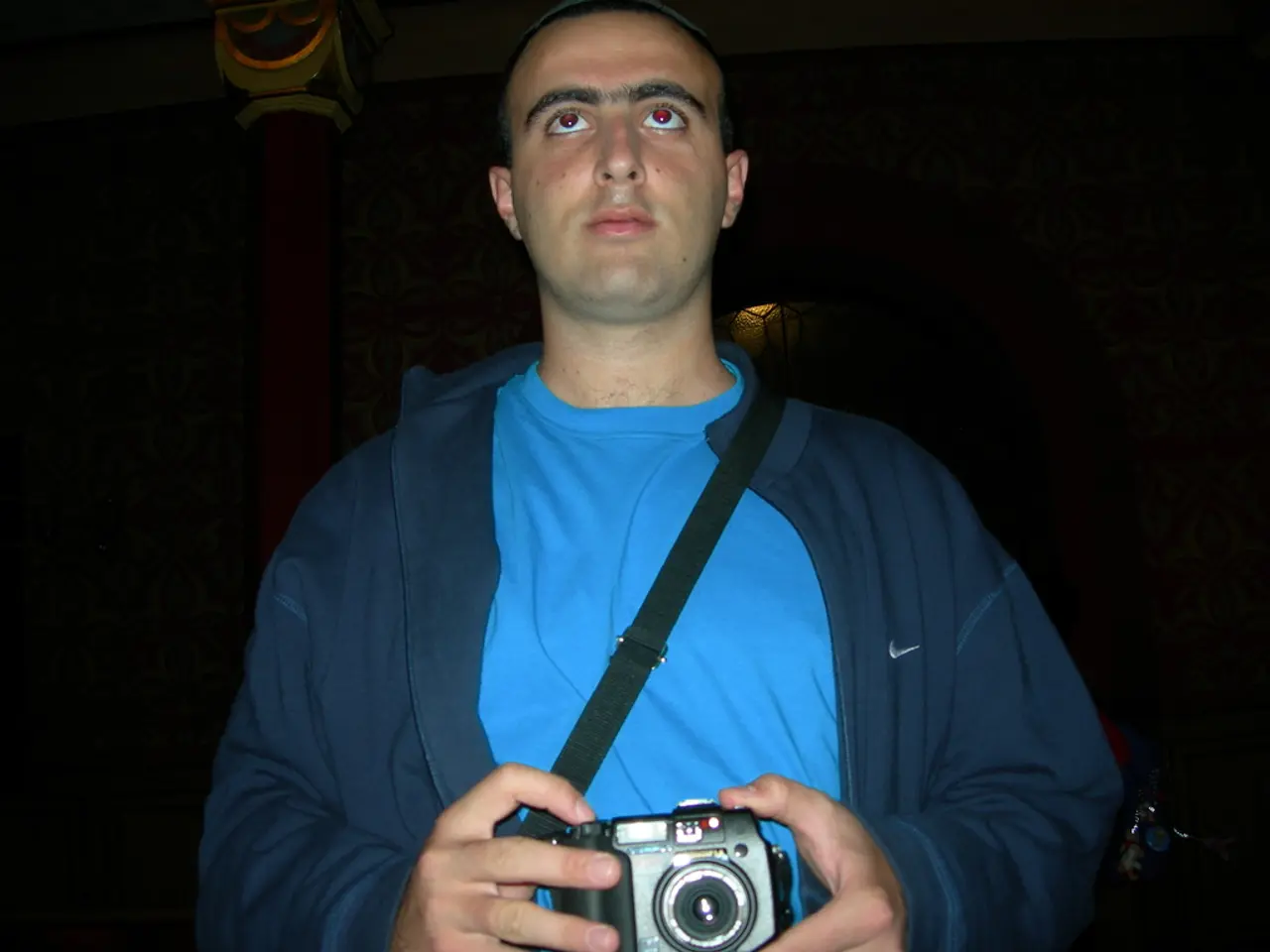Banks Allegedly Dispatched Attractive Women to Persuade Otedola for Loans and Favorable Business Agreements, Claims Otedola
Femi Otedola, a Nigerian billionaire businessman, recounts his tumultuous journey in the world of finance in his upcoming memoir, Making It Big: Lessons from a Life in Business. The book sheds light on Otedola's dealings with banks, which evolved significantly over time.
In the early days of his career, banks were eager to do business with Otedola, going so far as to send "pretty ladies" to secure his deposits and loan deals, reflecting a period of mutual eagerness and friendly relations. However, the global financial crisis of 2008-2009 hit Otedola's businesses hard. The crash in crude oil prices, falling forex inflows, and naira devaluation took a heavy toll on his business, Zenon Petroleum, which grew from selling diesel in drums to commanding a significant share of the local diesel market.
The naira devalued from ₦120/$ to ₦167/$ in 2009, causing low diesel prices and high dollar liabilities for Otedola's businesses. The crash in crude oil prices led to a massive loss of over US$480 million for Otedola. The devaluation of the naira resulted in a loss of US$258 million, while accruing interest added another US$320 million to his debt. The stock market collapse further cost him US$160 million. Otedola describes this period as a terrible nightmare with no end.
During this financial crisis, Otedola's businesses faced mounting debt. The situation was so dire that he found himself facing menacing figures at his gate, a drastic change from the friendly relations he once enjoyed with banks. This marked a sharp shift from earlier cooperation to adversarial interactions during his financial struggles.
However, Otedola managed to turn his fortunes around with a strategic move into banking ownership. In July 2025, he acquired about a 40% stake in FBN Holdings, the parent company of First Bank of Nigeria, becoming its majority shareholder. This acquisition, reportedly worth over ₦324 billion, gave him significant control over one of Nigeria’s oldest and most significant banks, marking a transformation from a debtor to a leading banking investor and influencer. This move came after a lengthy boardroom tussle, signifying a new phase of assertive leadership and influence in the Nigerian banking sector.
In summary, Otedola's dealings with banks transitioned from being courted as a valued customer, to facing hostility during his financial struggles, and eventually to becoming a powerful banking stakeholder and majority owner. His memoir captures this full arc—from cooperation to conflict, then strategic takeover—reflecting resilience and shifting dynamics in his business relationship with banks.
- The global financial crisis of 2008-2009 affected Otedola's Nigerian business, Zenon Petroleum, resulting in the devaluation of the naira and increased dollar liabilities.
- The naira devalued from ₦120/$ to ₦167/$ in 2009, causing Otedola's businesses to lose a significant amount of money due to low diesel prices and a massive accrual of debt.
- Facing mounting debt during the financial crisis, Otedola's relationship with banks drastically changed from friendly to adversarial.
- In 2025, Otedola turned his fortunes around by acquiring a 40% stake in FBN Holdings, the parent company of First Bank of Nigeria, becoming its majority shareholder, marking a strategic move into banking ownership and a shift in power dynamics in the Nigerian banking-and-insurance industry.




